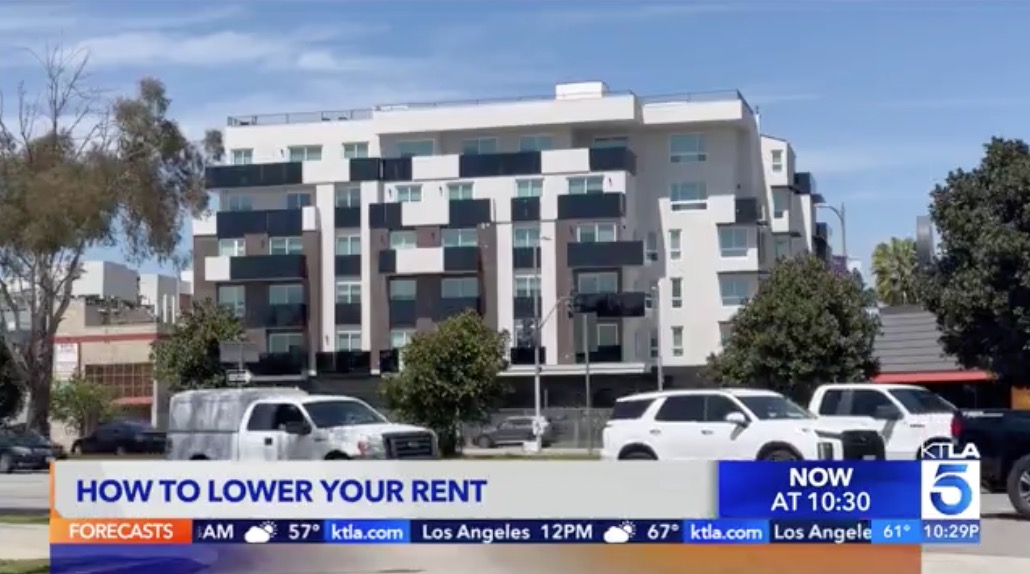If you have ever searched for a rental property, you know that it can be a daunting task. The challenges of house hunting multiply when you’re looking to rent a property in another state. The long-distance rental property search can bring several unique challenges. Whether you are moving to another state for a new job or just to give yourself a fresh start, these tips for renting in another state will make the task a little less difficult for you.
Let’s look at eight tips for renting in another state.
#1. Visit Your New State In-Person
One of the most important aspects of moving to another state is knowing more about the place. If you have time, it’s a good idea to visit the new state to get a feel of what your new home will feel like. Getting the vibes of your potential future home is a great way to start your rental property search. If you are relocating due to your work requirements, you might get a corporate relocation package that provides you temporary housing, which gives you the chance at an in-person experience of your new home.
#2. Do Your Research
You may think it goes without saying, but do your research before renting in another state. Before you can view your new neighborhood in person, don’t hesitate to take help from the internet. Consider joining Facebook groups or following local social media pages specific to the area you are looking at. Go the extra mile to learn about the basic amenities, points of interest, and hangouts in the neighborhood. It will be helpful to know your resources and surroundings while transitioning to your new home.
Moreover, you can also learn about the property you intend to rent, such as the history of the apartment building or property. If you do not involve a management company, the internet can also help you dig up some history of the potential landlords in the neighborhood so that you can get an idea of what to expect.
#3. Get Local Help
Are you relocating to a new state for work? Or are you pursuing a new degree? Regardless of your reason for relocation, it is best to get help from people familiar with the area.
If you are a relocating employee, engage your employer’s HR department to get some guidance before renting a property. Similarly, if you are a student pursuing a new degree, you can get in touch with university housing and let them guide you about where to live in the city. You can also ask your employer’s HR or university housing to connect with people living in popular neighborhoods or with property dealers. Connecting with the locals will help you understand the ups and downs of your housing structure and new community. Be sure to ask plenty of relevant questions before you sign a lease.
#4. Schedule a Virtual Tour
Renting property without meeting in person with the landlords is becoming increasingly common, but virtual apartment tours are not always ideal. You may find yourself disappointed by the discrepancies between what you saw on-screen and your experience seeing the place in person. On the flip side, renting a property without meeting your tenants in person can be stressful for landlords as well.
An alternative to an in-person meeting is a virtual tour that is becoming increasingly popular among landlords and tenants. Virtual tours allow potential tenants to use the tools they have to get an in-depth understanding of the space, especially with advanced 3D technology. Virtual tours can also help renters save money, in the event that they cannot afford to travel to their new home before making the big move.
They also give peace of mind to landlords, as they know that the potential tenant is satisfied with the outlook of the property and is more likely to sign the contract.
#5. Get Insight Into the Local Rental Property Market
While you research rental properties in another state, don’t forget to get an insight into the local rental market. Invest some time and effort into understanding how the state’s local supply and demand trends.
Understanding demand and supply for a rental property in the local market will help mentally prepare you for housing prices, as this information will have a direct impact on what you pay for your rental property.
#6. Be Prepared for the Deposit
If you are moving to another state, especially if you’re on a tight deadline, try not to put yourself in a situation where you are moving without any prior preparation. Make sure you have all the paperwork and other requirements ready before you move, including the money for your security deposit, so that you can move to your new rental property conveniently and in a timely manner.
#7. Understand the Money Matters
When choosing a rental property in another state, it is essential to consider the rental amount that you have to pay. When doing so, don’t forget to consider costs outside of monthly rent, like transportation, utilities, housing association fees, and other expenses that you may encounter.
#8. Determine Whether You Can Get a Short-Term Lease
As a tenant renting in another state, you must determine whether you want a short or long-term lease. It is always a good idea to check it with your landlord before you sign the rental contract because there are instances when you think you have completed your research thoroughly, only to have logistical complications complicate your perfect plan. With a short-term lease, you can test the rental property and the neighborhood, and if things don’t work out, you can always relocate.
Final Words
Searching for rental property is stressful, and the stress can multiply when looking for a rental property in another state. We can’t make it completely stress-free, but we are happy to provide as much insight and advice as possible.
If you’re looking for more renter-relevant content, check out our other informative blog posts here.
Time to find a new rental home? Dwellsy is here to help.








